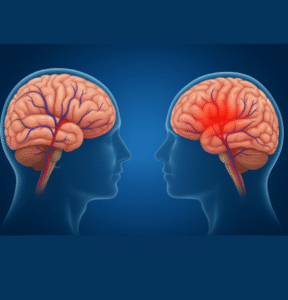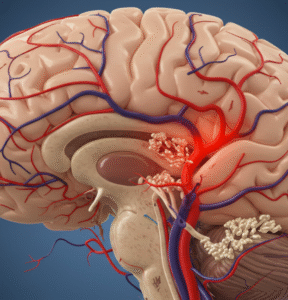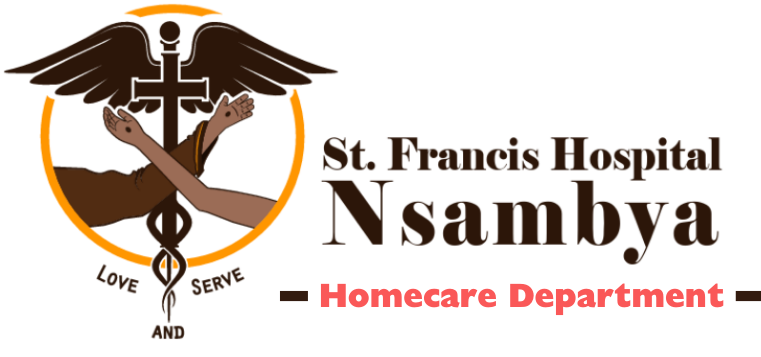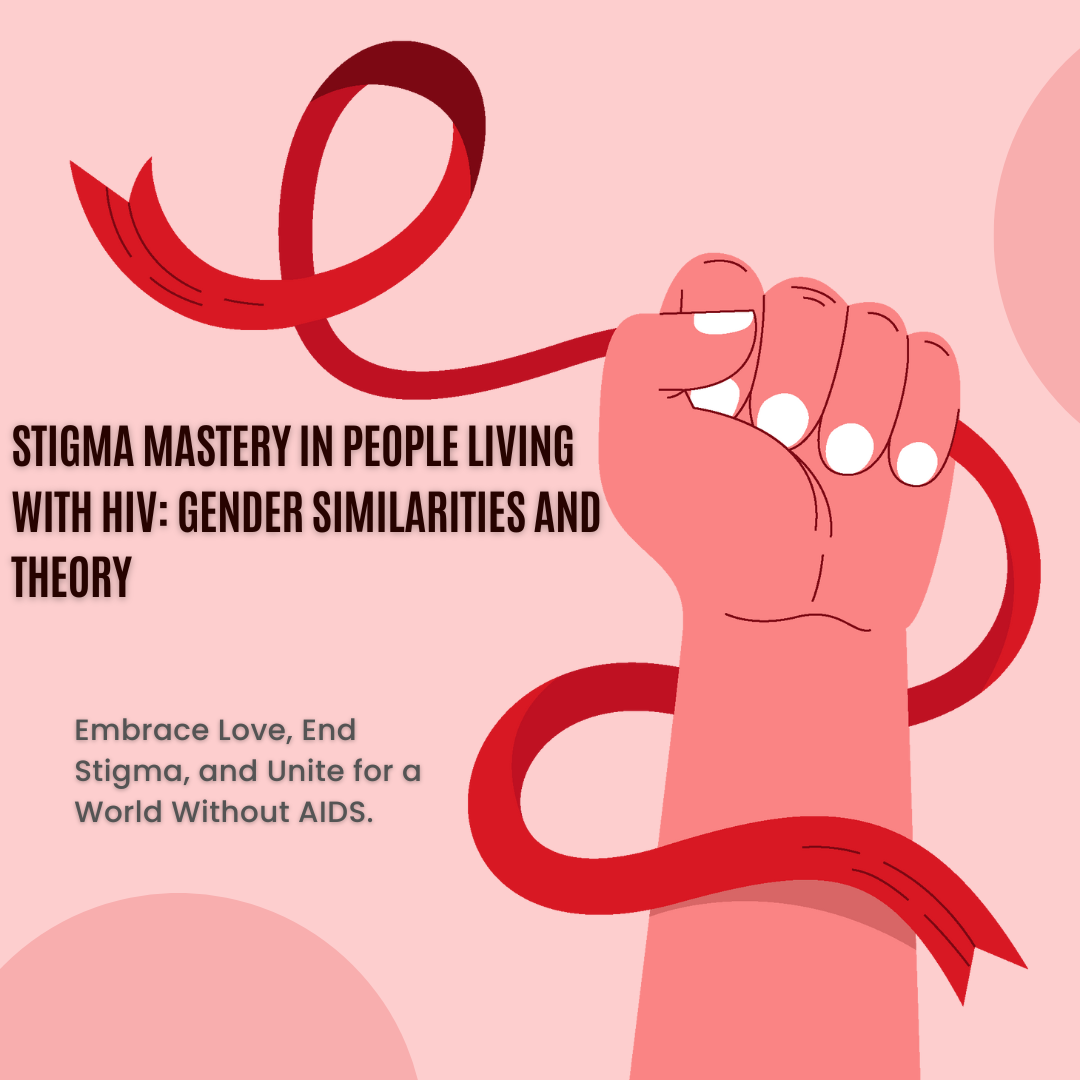Not Just HIV: Why Hypertension and Diabetes Matter Most in Stroke Prevention

HIV sero-positivity and risk factors for ischaemic and haemorrhagic stroke
in hospitalised patients in Uganda: A prospective-case-control study
Stroke is one of the leading causes of illness and death worldwide, and in Uganda, it remains a growing health concern. A recent study carried out at St. Francis Hospital, Nsambya, touching some of the patients monitored at the Home Care Department set out to understand whether HIV plays a role in stroke risk, and what other factors might be putting people at greater risk.
Between 2016 and 2018, researchers compared stroke patients with stroke-free individuals of the same age and sex. They looked at lifestyle habits, medical history, and clinical factors to see what stood out.
So what did they find?
Click here to access the article
In Uganda, stroke is less about HIV and more about silent killers like high blood pressure and diabetes. Preventing these conditions could save countless lives.
HIV and stroke: About 10% of stroke patients were HIV positive compared to 7% of people without stroke. The difference was not large enough to show a strong link between HIV and stroke. In other words, the study didn’t find evidence that HIV, on its own, increases stroke risk.
Family history of diabetes: People who reported having diabetes in their family were more likely to suffer a stroke. This was true for both ischaemic stroke (caused by blocked blood vessels) and haemorrhagic stroke (caused by bleeding in the brain).
High blood pressure: This was the biggest red flag. Having blood pressure of 140/90 mmHg or higher was strongly linked to stroke risk. Both types of stroke—blockage and bleeding—were closely tied to uncontrolled hypertension.


Why this matters
The findings highlight a simple truth: while HIV remains an important health issue in Uganda, it was not shown to be a major driver of stroke in this study. Instead, high blood pressure and diabetes are the real dangers. These conditions are rising silently in our communities and need urgent attention through lifestyle changes, regular checkups, and access to affordable treatment.
Uganda needs more large-scale studies to explore the possible relationship between HIV and stroke, but in the meantime, tackling hypertension and diabetes should be a top public health priority. Preventing these conditions can save lives, reduce hospital admissions, and ease the burden on families and the health system.

Jenny Alexandra
Hi! beautiful people. I`m an authtor of this blog. Read our post - stay with us
Contact Us


